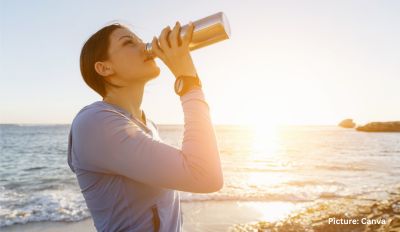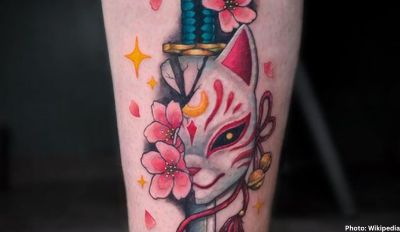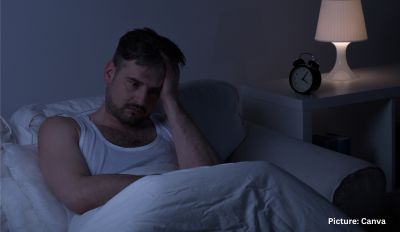More COVID-19 boosters are likely on the horizon: Last week, a U.S. Food and Drug Administration (FDA) advisory committee recommended a half-dose of Moderna’s vaccine for those over 65, as well as younger adults with certain health conditions and those who work in high-risk settings.
Subsequently, the committee unanimously voted to recommend boosters for Janssen/Johnson & Johnson recipients who are 18 or older, at least two months after their first dose. The FDA, which previously green-lit Pfizer boosters, is expected to follow both of the committee’s recommendations.
But when it comes to booster shots, one big question lingers: should people be mixing and matching by getting an extra dose of a vaccine other than the one they initially received?
 A highly anticipated study of “mixing and matching” Covid-19 vaccines found the approach to be safe and effective, although the Moderna and Pfizer-BioNTech vaccines were found to spark stronger immune system responses than Johnson & Johnson’s vaccine. “Mixing and matching” refers to giving a booster dose of a vaccine different from the vaccine type that was used for the initial vaccination series.
A highly anticipated study of “mixing and matching” Covid-19 vaccines found the approach to be safe and effective, although the Moderna and Pfizer-BioNTech vaccines were found to spark stronger immune system responses than Johnson & Johnson’s vaccine. “Mixing and matching” refers to giving a booster dose of a vaccine different from the vaccine type that was used for the initial vaccination series.
According to the findings from the study by the National Institutes of Health, which was released last week, but has yet to be peer reviewed, participants who received a booster of a different vaccine than the one they originally got experienced antibody increases similar to or higher than those who received another dose of the same vaccine they were previously given.
The study found that people who received the Johnson & Johnson vaccine produced stronger antibody levels after they got booster shots made by Moderna or Pfizer, compared to boosters from Johnson & Johnson. Those who were originally vaccinated with the Pfizer or Moderna vaccines and received either company’s booster shot produced similarly strong immune responses, the researchers found.
Mixing and matching could help the booster rollout in the U.S., since people could receive whatever vaccine their pharmacy had on hand, rather than seeking out the shot they were originally given. As Alice writes, “The findings are encouraging because they suggest that it’s safe for providers to mix and match doses when it comes to boosters. … The ability to get any of the three vaccines will ensure that more people will get the additional shot.” However, at least for now, the FDA and CDC aren’t even considering whether to approve mixing and matching.











